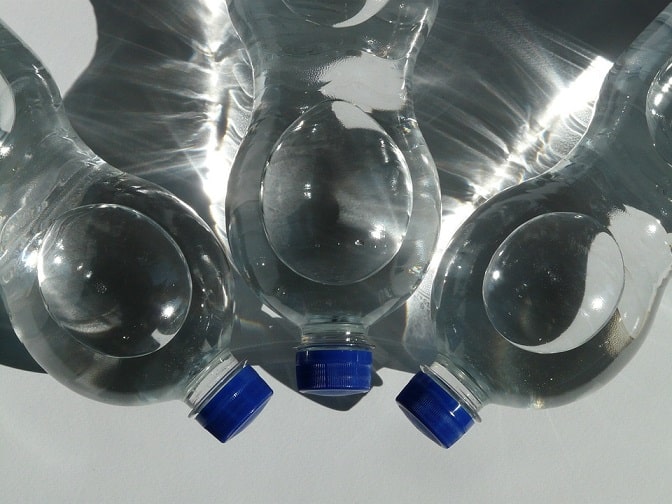Drinking water is critically important to the human body as it is the vital nutrient without which the human body cannot survive. Water is essential for virtually every metabolic process in the body, and can be found in every single cell.
The water in fat, lean muscle and bones forms the basis of urine, perspiration, blood, and digestive juices. Men generally have more water in their bodies than women, but as the body loses water throughout the day via normal bodily functions and cannot store water, it is critical that we drink water throughout the day to maintain fluid levels in our body.
The amount of water each of us requires on a daily basis differs from individual to individual, dependent on body-size, metabolism, the weather, the food you eat, and your level of physical activity. Adults generally lose between two and three litres of water per day; older people lose around two litres, and adults who are physically active can lose a lot more. Travelling by air can also cause more water loss.
Water also contains electrolytes including magnesium, potassium, chloride, fluoride, calcium and sodium, in a solution that can conduct electric current. The brain needs these electrolytes in order to send messages to the rest of the body. Water is the medium used for most chemical reactions in the body, especially those involved in producing energy.
The water in the body is stored in both intracellular fluid (ICF) and extracellular fluid (ECF) compartments; 65% in ICF and the balance in ECF.
Water is also used by the body to aid in digestion, regulate core body temperature, carry oxygen and nutrients throughout the body, keep the mucous membranes in the mouth and lungs moist, keep the blood at the correct viscosity, keep the bladder clear, cushion and act as shock absorbers for joints, the spinal cord and eyes, and aid in the elimination of excess by-products such as potassium, sodium and urea.
Get bottled water dispensers and mains water dispensers from Living-Water.






